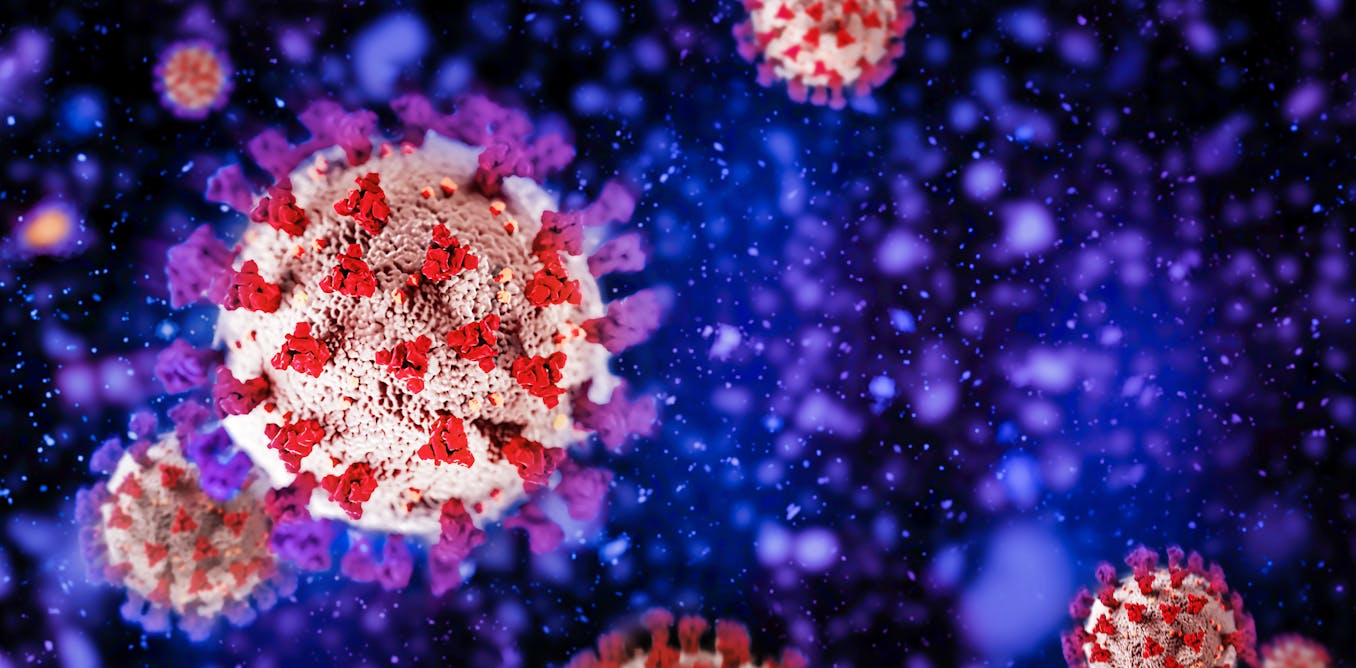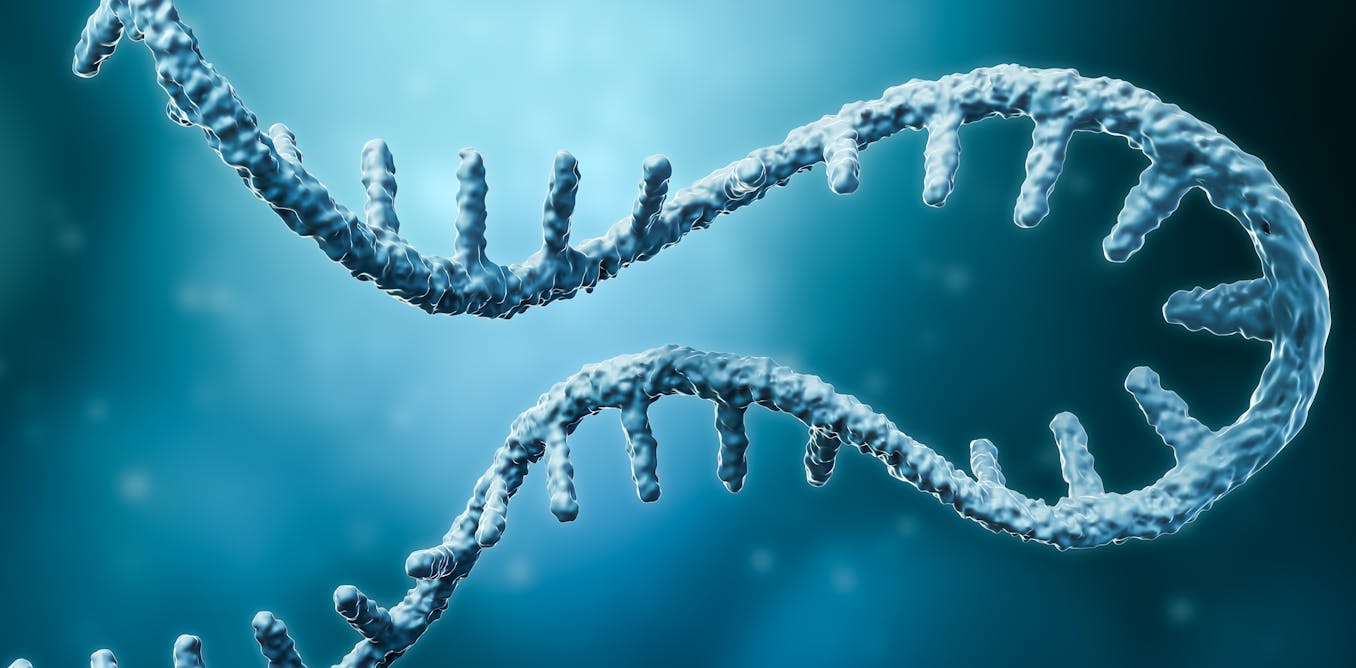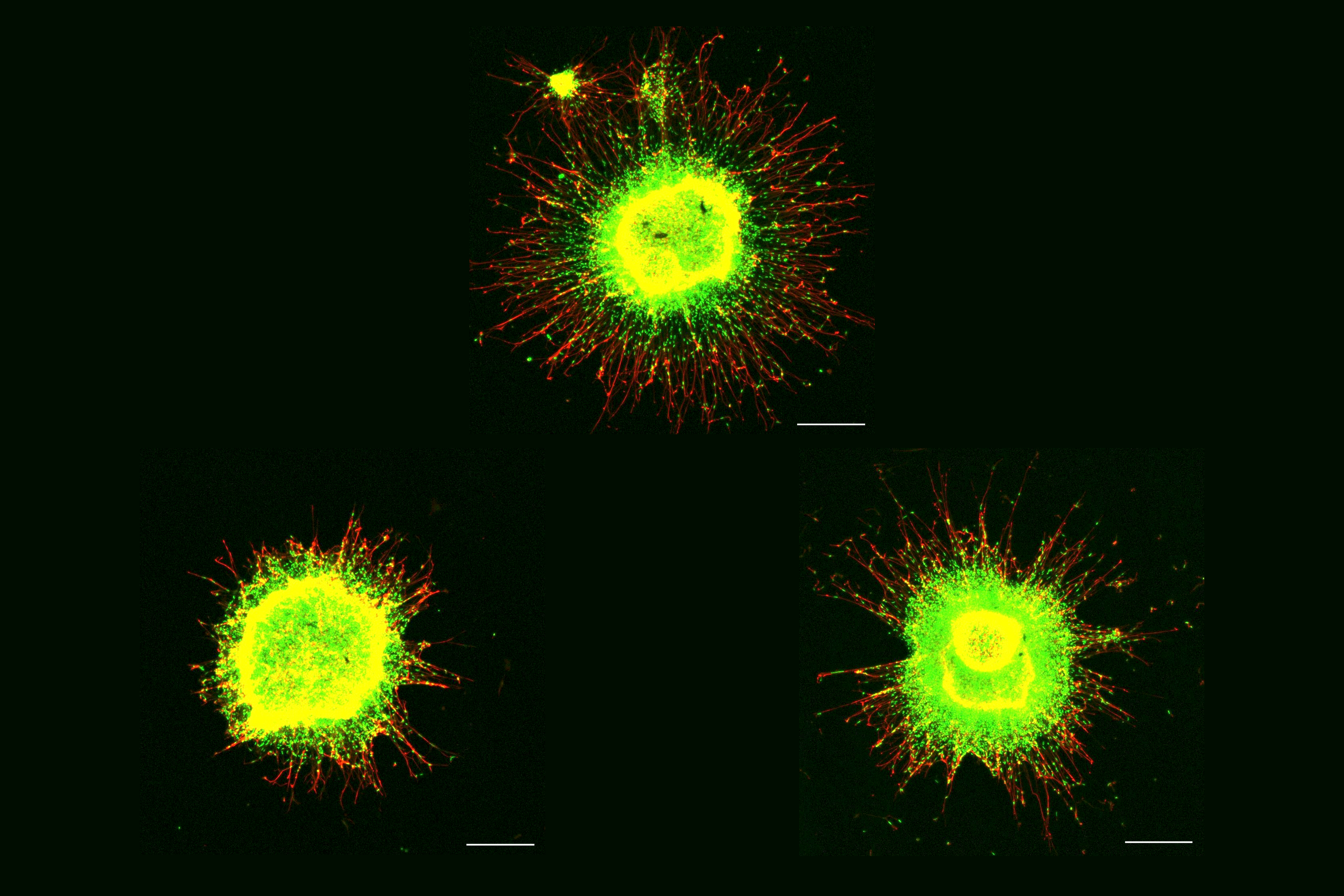50-year-old muscles just can’t grow big like they used to – the biology of how muscles change with age
As people age, the chemical signaling pathways in muscles become less potent, and it gets harder to build muscle and maintain strength. But the health benefits of strength training only increase with age.
Feb. 2, 2022 • ~8 min









